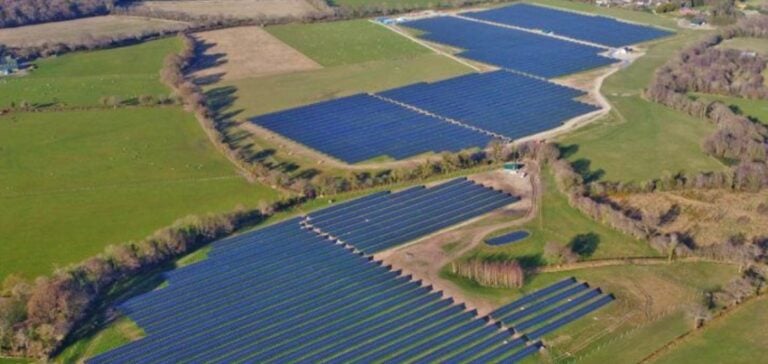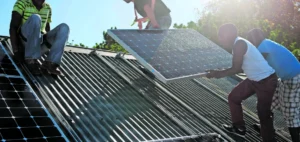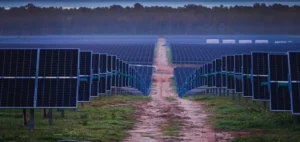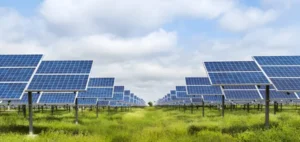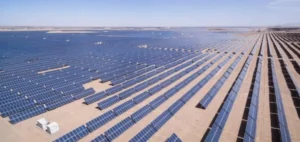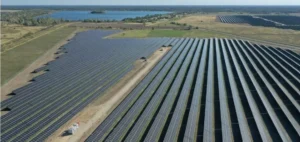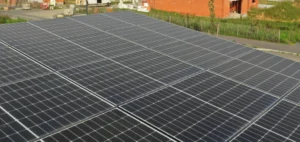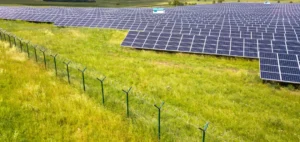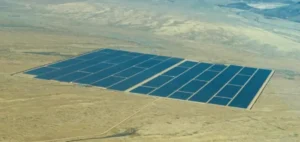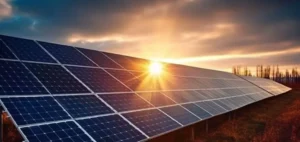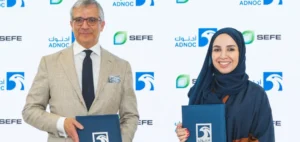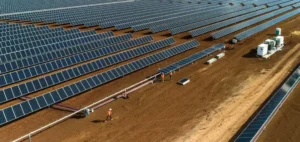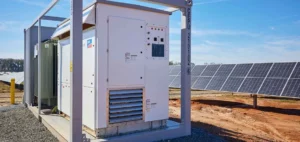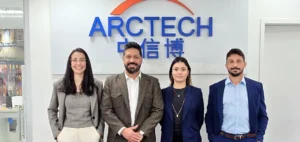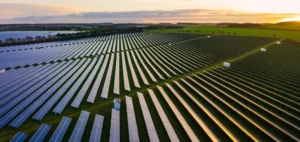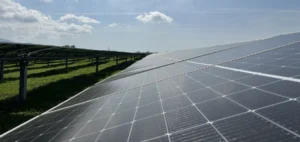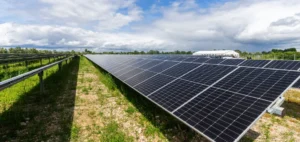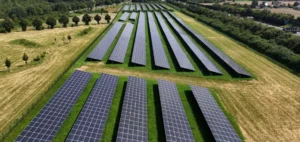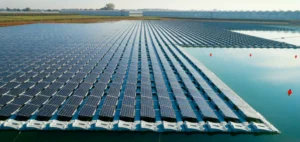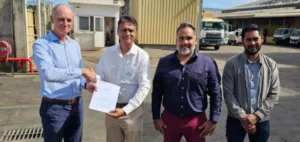Neoen has won two new solar projects in the fourth Renewable Electricity Support Scheme (RESS 4) tender in Ireland, with a total capacity of 170 MWp.
The projects, Johnstown North Solar (29 MWp) in County Wicklow and Garr Solar (141 MWp) in County Offaly, mark Neoen’s third RESS win in Ireland.
These solar power plants are scheduled for commissioning in 2027 and 2028 respectively.
This award reflects the dynamics of the renewable energy market in Ireland and the increased competition for large-scale projects.
Energy issues in Ireland
Ireland is seeking to diversify its energy mix to reduce its dependence on fossil fuels.
RESS tenders are one of the ways in which the government supports the development of new renewable energy capacity.
The two projects awarded to Neoen are part of this diversification strategy.
The country plans to increase the share of renewable energies to 80% of its electricity consumption by 2030. The addition of 170 MWp of solar capacity will help to achieve this goal, while stimulating private investment in Ireland’s energy sector.
The siting of these projects, particularly in rural areas such as Wicklow and Offaly, also helps to integrate local communities into the energy transition.
The projects include local development initiatives such as the Community Benefit Fund, which finances local actions to maximize social acceptability and local economic benefits.
Prospects and competitiveness in the energy market
The award of these projects to Neoen underlines the competitiveness of the Irish renewable energy market, marked by strong demand for new capacity.
Previous RESS tenders have seen a diverse range of national and international players compete for contracts.
In this context, each tender represents not only an investment opportunity, but also a strategic challenge for companies seeking to consolidate their presence in Ireland.
Investments in solar power infrastructure, such as those won by Neoen, are also driving the development of other segments of the sector, such as energy storage solutions.
Storage is becoming essential to meet the challenges posed by the integration of a growing proportion of intermittent energy sources such as solar and wind power.
This trend offers growth prospects for companies seeking to develop combined energy production and storage solutions.
Economic and industrial implications
The awarding of projects under RESS 4 is not just about increasing installed capacity, but also about consolidating local supply chains and creating economic opportunities.
Companies involved in the construction and maintenance of solar power plants, component suppliers and local service providers benefit from these projects.
This stimulates the local economy while strengthening the country’s technical skills and industrial capabilities.
Solar farms, such as those planned in the Johnstown North Solar and Garr Solar projects, will also have an impact on the local agricultural sector.
The cohabitation of agriculture with energy production, notably through the use of land for livestock farming, demonstrates an optimization of local resources while diversifying farmers’ incomes.
This creates a new economic dynamic, which could be a model for other rural regions in Europe.
Future strategies and market development
Neoen’s success in the RESS 4 tender highlights the importance of strategic planning for companies in the energy sector.
With additional projects under development, Neoen seems determined to strengthen its Irish portfolio, in line with the growing demand for renewable energies.
Future initiatives are likely to focus on technology combinations to offer more robust and flexible solutions to the Irish market, particularly in the context of managing intermittency in power generation.
Ireland’s progress towards its 2030 energy targets will depend on the ability to effectively integrate new renewable capacity into the electricity grid, while maintaining the stability and reliability of energy supply.
Competition for large-scale projects will continue to intensify, pushing market players to innovate in their technological and commercial approaches.

